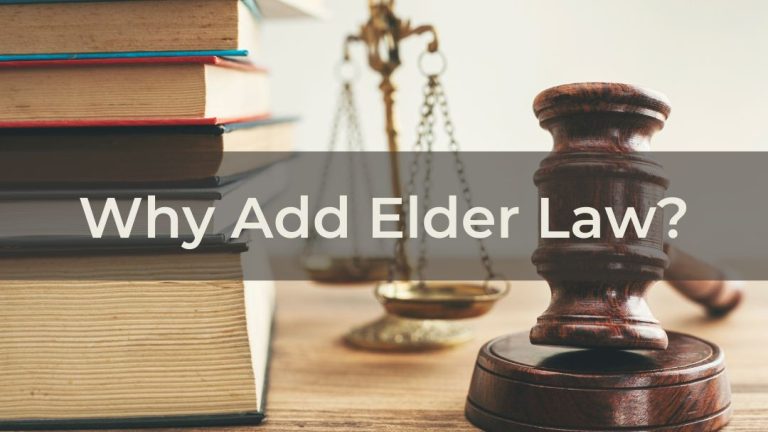The United States Supreme Court Calls for the Views of the Solicitor General in Dermody Case

The Massachusetts Dermody case continues to wind its way through the appeals process. On October 2, the U.S. Supreme Court invited the Solicitor General to express the views of the federal government on whether the case should be taken by the Supreme Court.
The parties have been busy since that ruling. In March, the Petitioners, Laurie Dermody and Linda Marie Mondor, et al, filed a Petition for a Writ of Certiorari (the Petition) to the United States Supreme Court. In the Petition, they asked the U.S. Supreme Court to determine whether an annuity that satisfies the condition in Section 42 USC 1396p(c)(2)(B)(i) must name the State as the first remainder beneficiary in order to avoid a transfer penalty. Read the Petition here.
In April, the Massachusetts Chapter of the National Academy of Elder Law Attorneys (NAELA) filed an Amicus Brief arguing that the U.S. Supreme Court should take the case to resolve judicial conflict and confusion concerning the relationship between the sole benefit rule and the beneficiary naming provision of 1396p. Read MassNAELA’s brief here.
In May, the Commonwealth originally waived its right to respond to the Petition and the Court considered the case in conference where it requested a response from the Commonwealth.
In July, the Massachusetts Executive Office of Health and Human Services filed its Brief in Opposition. Its response argued that there is not a split in authority because the two cases cited by the Petitioners presented different questions altogether not at issue in this case and that the Petition should be denied. Read the Brief in Opposition here.
With the response filed, the Court reconsidered the Petition in conference, but this time invited the Solicitor General to file a brief in the case on October 2. The court issues a call for the views of the Solicitor General (CVSG) when it is deciding a case in which the federal government may have an interest. The Solicitor General will then file a brief urging the court to grant or deny the Petition or to make a related ruling. There is no deadline issued for the invitation, but most briefs are filed by the Solicitor General within eight months. Once the Supreme Court receives the brief from the Solicitor General, it will determine whether to take the case.
Regardless of the final outcome of the Petition, short-term Medicaid Compliant Annuities (MCAs) remain beneficial tools for attorneys helping clients plan for the costs of long-term care. If you have a client who could benefit from using an MCA or if you would like to discuss a client’s crisis planning case with our staff, contact our office today!

Jim is responsible for creating, curating, and promoting high-quality content related to the estate planning and elder law industry. He also plays a primary role in designing and maintaining a robust education and content calendar for Attorney Access.



